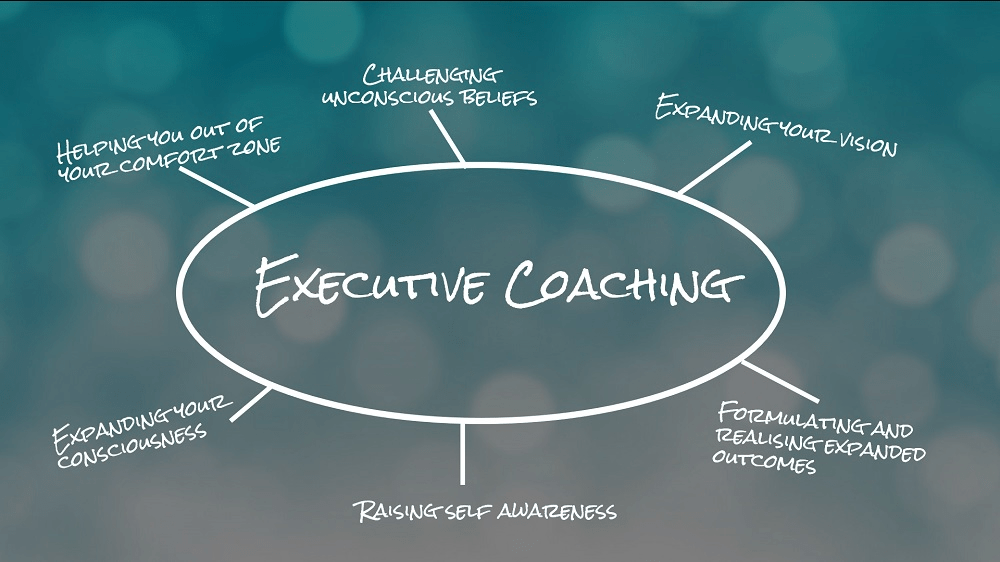The Benefits of Executive Coaching
Once reserved for only the C-Suite, executive coaching has become an essential tool for developing leaders and managers at all levels. Many organizations have reaped the benefits of stronger working relationships, more effective communication and decision making, and overall accountability through the use of coaching services for their employees. Coaching has been a valuable for helping people managers show up as their best and be more effective at leading and developing others. Some of the organizational return on investment from executive coaching have also been greater employee engagement and retention.
So, why does executive coaching have such a positive impact? For one, it provides a supportive and safe space for individuals to assess their abilities and become more self-aware. It also provides an opportunity for the employee to develop their whole self, which has a direct impact on their personal and professional lives. A recent article from Positive Psychology, titled “Happiness at Work: 10 Tips for How to Be Happy at Work,” cited a study which revealed:
Happy people are 31% more productive and three times more creative than others
Happiness improves business profitability by 147%
75% of individuals leave jobs because they are unhappy with the boss rather than the job
Lost productivity among workers cost around $1 trillion globally
The framework of executive coaching allows the person to tap into their values, purpose, and unique definition of fulfillment, which impacts their choices and decisions for how and where they work. The alignment of the individual and organization’s values is the recipe for success. When this alignment occurs, the person feels a sense of meaning, belonging, and satisfaction.
More employees are asking for empowerment and autonomy with regards to their work. Employees want to feel supported, valued, and have the tools they need to be successful in their jobs. Investing in their personal and professional development is one way organization’s can demonstrate value and appreciation to employees.
Highly engaged workforces and talent retention continue to be the top competitive advantages for organizations. Executive coaching is a benefit many employers are making available beyond the C-suite level and especially for people leaders. Some organizations have indicated self-awareness and increased emotional intelligence as the greatest benefits from this investment. If executive coaching is something you are considering for yourself or your organization, below are a few things to keep in mind:
Executive coaching can help employees manage and remove stumbling blocks. However, it is not a fix for performance relations problems that should be dealt with through progressive counseling and corrective action.
Executive coaching can help employees become better at setting boundaries, managing their time more efficiently, prioritizing work, and determine where they can be the most impactful.
Executive coaching can improve relationships, teamwork, and collaboration. As employees become more self-aware and learn how to better manage their emotions and behaviors, they become better equipped to tackle difficult conversations, think with the end in mind, and preserve relationships.
Selecting the right executive coach is crucial to a successful coaching relationship. One way to begin the process is to determine your own individual needs and desired goals and outcomes, or the needs and strategic goals of your organization. With this in mind, you can begin evaluating and selecting a coach who can ride side by side with you on this journey. Remember, coaching is about feeling comfortable and safe enough to be vulnerable about who you are – your strengths, weaknesses, fears, and values.
Executive coaching is a powerful tool, and the benefits are tremendous. Investing in yourself and your employees is one of the best decisions you can make. Take the time to assess what success will look like for you and how success will be measured at the beginning of the coaching relationship. Once you know where you want to go and your ultimate destination, you can begin taking the steps to find the right coach to partner with you on your journey to success.

